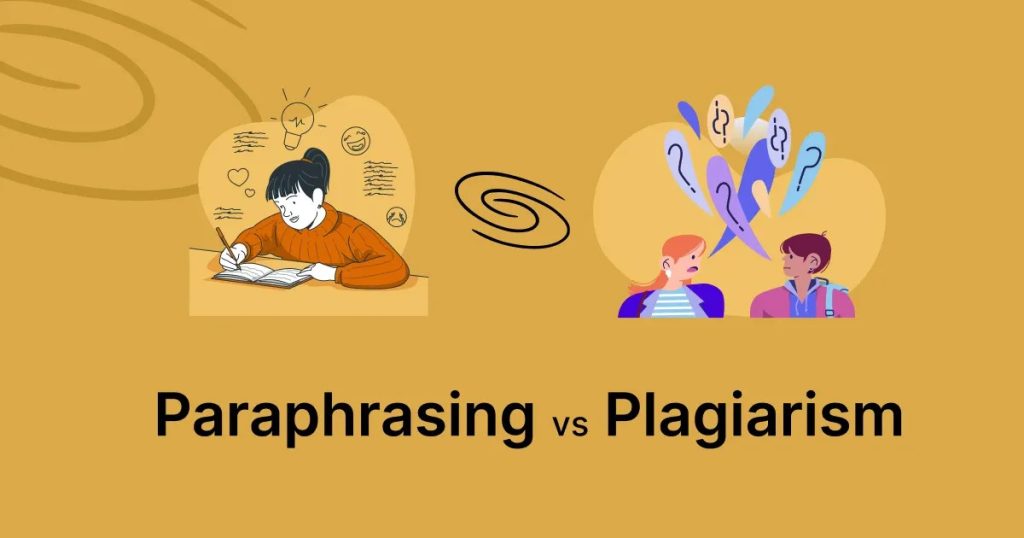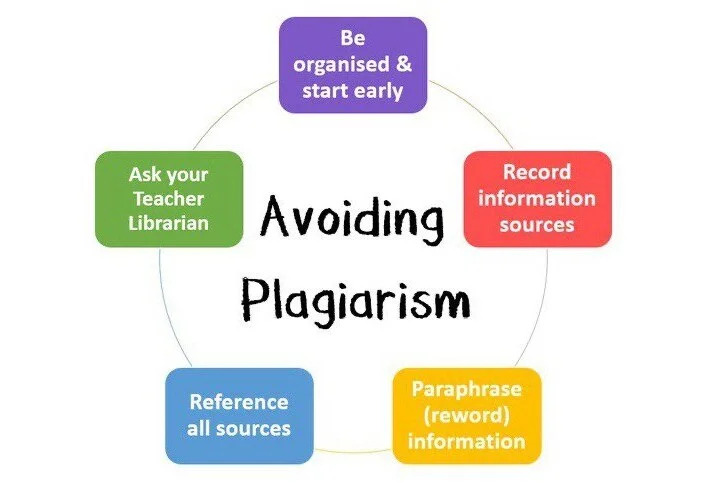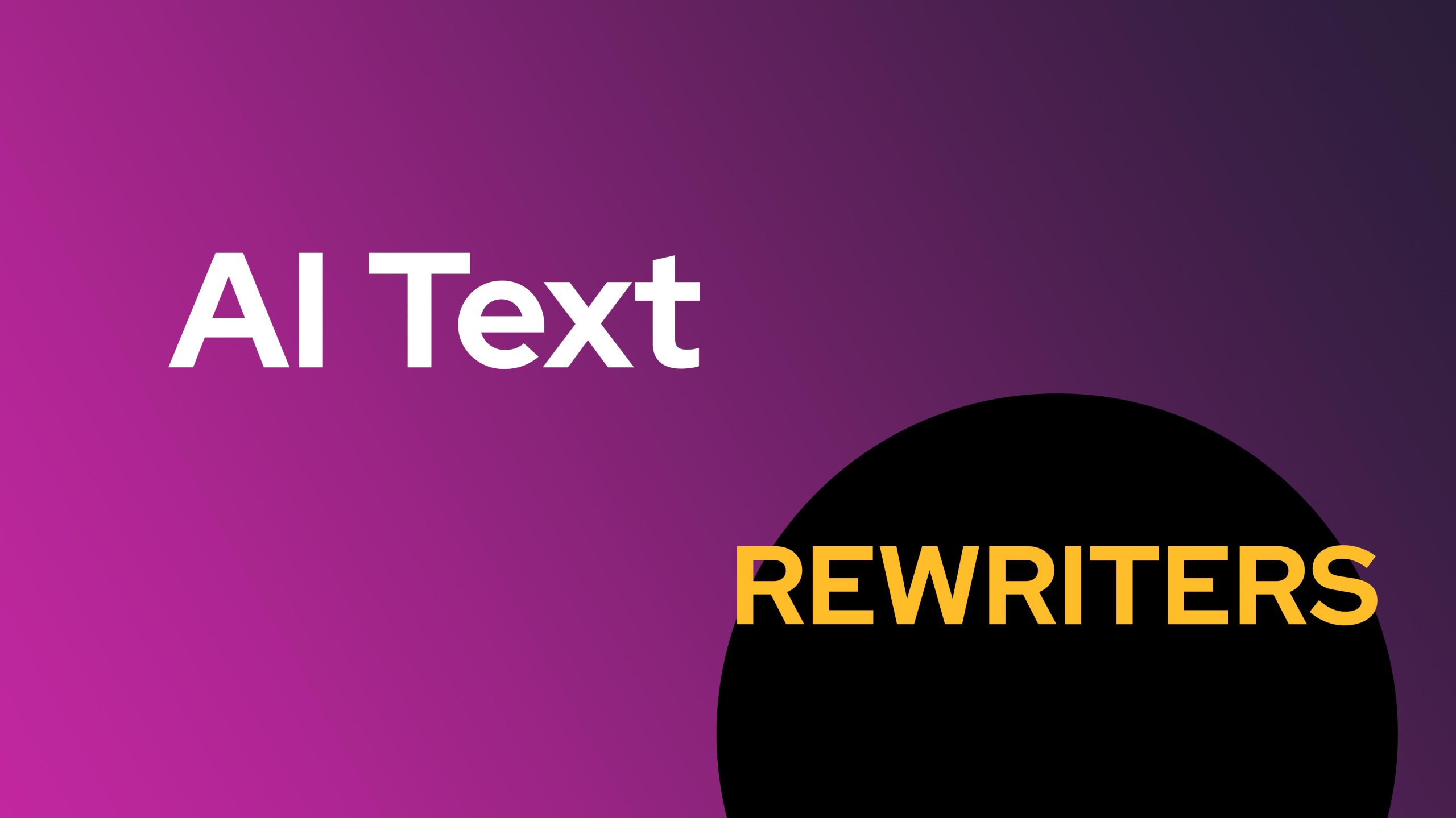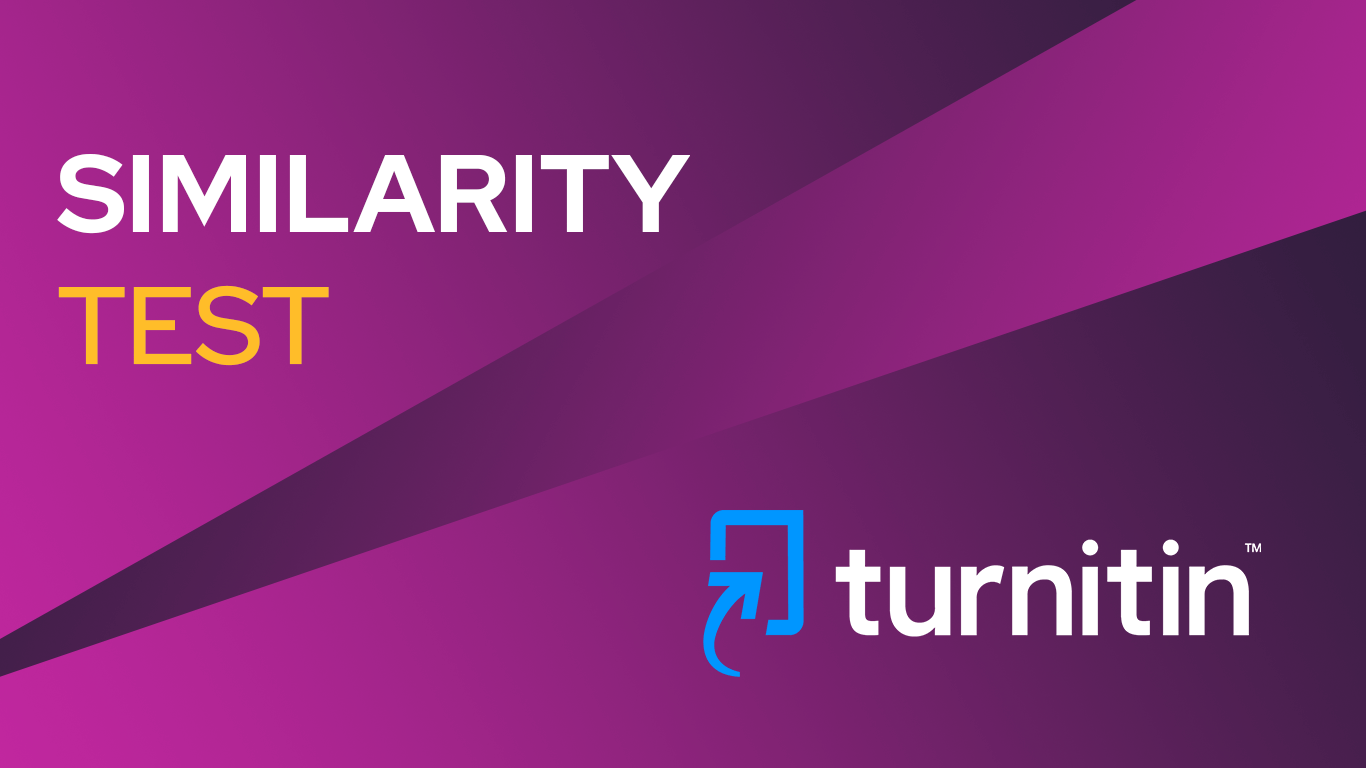Paraphrasing, a practice of restating information in one’s own words, is a valuable skill in academic and professional writing. It allows writers to incorporate external knowledge while showcasing understanding. However, the line between acceptable paraphrasing and plagiarism is often unclear. Improper paraphrasing, whether due to inadequate rephrasing or lack of citation, can lead to unintentional plagiarism, creating academic and ethical issues. This article explores when paraphrasing is acceptable, when it may constitute plagiarism, and how tools like Netus AI help writers avoid pitfalls, ensuring originality while respecting intellectual property.
Paraphrasing vs. Plagiarism: When Does Paraphrasing Cross the Line?
Plagiarism, in essence, involves using someone else’s work—be it ideas, words, or data—without appropriate acknowledgment, presenting it as if it were one’s own. Paraphrasing, by contrast, is the practice of rewriting another person’s ideas in new words and structure, ideally to clarify or adapt information to the writer’s unique context. To keep paraphrasing ethical and avoid plagiarism, writers must adequately transform the content and attribute it to the original source.

Where Does Paraphrasing Cross into Plagiarism
- Insufficient Transformation: Paraphrasing requires more than swapping out a few words or changing sentence order. A legitimate paraphrase is a complete re-interpretation, representing a deep understanding of the source material and restating it in a way that is not overly similar to the original. Merely changing synonyms or reordering phrases does not create original work and risks being flagged as plagiarism.
- Lack of Citation: Even if the paraphrasing is thorough, failing to cite the original source constitutes plagiarism. Citations serve as an acknowledgment of the original author’s contributions and ideas, providing transparency in academic and professional work. Proper in-text citations, footnotes, or endnotes are essential to meet academic standards and ensure ethical integrity.
- Intentions Behind Paraphrasing: The intent behind paraphrasing also determines its acceptability. Paraphrasing as a way to clarify complex ideas or build upon them is legitimate. However, rephrasing with the intention to evade originality requirements or conceal another writer’s work as one’s own borders on unethical use. Maintaining honesty in the purpose of paraphrasing ensures it serves as a tool for understanding and not merely as a shortcut.
Paraphrasing, Rephrasing, and Rewording: How Are They Different?
The terms paraphrasing, rephrasing, and rewording are often used interchangeably, but each has a specific meaning that can affect how the work is perceived in academic and professional contexts.
- Paraphrasing: This is the act of fully restating an idea using entirely new language and sentence structures, retaining only the essence of the original message. Effective paraphrasing demonstrates comprehension, transforming the text while preserving the core idea.
- Rephrasing: Rephrasing involves altering the wording or the structure of sentences more substantially, which can also involve changing the overall organization of the content. It generally requires more re-imagination of the original, often suitable for adapting larger passages.
- Rewording: This is the simplest form, where individual words are replaced with synonyms without significant changes to sentence structure or organization. While rewording can improve clarity, it doesn’t provide the level of originality that paraphrasing does.
Understanding these distinctions is essential because effective paraphrasing not only conveys originality but also adds value to writing by emphasizing clarity and unique interpretation.

Paraphrasing Tools: Are They A Good Shortcut?
With the rise of AI writing tools, paraphrasing tools like Netus AI have become popular among writers seeking assistance in creating unique content. Netus AI, for instance, allows writers to select a content tone (e.g., formal, fluent, creative) and supports multi-language rephrasing, making it versatile for different writing needs. Netus AI and similar tools offer practical solutions, but the writer must understand how to use them effectively to avoid misusing the tool and inadvertently committing plagiarism.
How to Use Paraphrasing Tools
- Choose the Right Tool: A good paraphrasing tool should provide flexibility in tone and word choice while maintaining the original meaning. Netus AI, for example, supports up to 1000-word limits, has multiple language options, and can adapt to various tones, allowing users to customize content to fit different writing needs.
- Review and Edit the Output: Automated paraphrasing is a helpful starting point, but writers should review and fine-tune the output to ensure it fits their style and voice. This human touch refines the work and distinguishes it from simply rephrased content, helping writers make it genuinely original.
- Always Credit the Source: No matter how much the content is altered, citation is necessary when the ideas are derived from someone else’s work. Proper attribution acknowledges the original author and reinforces transparency. In professional and academic contexts, citation styles such as APA, MLA, and Chicago provide clear guidelines for attributing sources appropriately.
- Aim for Real Comprehension and Not Mere Rewording: When used as a shortcut, a paraphrasing tool can compromise the writer’s learning process, leading to superficial content. Using tools like Netus AI responsibly involves understanding the original material thoroughly before paraphrasing, ensuring that the output reflects genuine comprehension.
Academic Integrity: The Importance of Real-Time Feedback
Educational institutions place a high value on originality and intellectual integrity, especially in written work. Tools that provide real-time feedback, like Draft Coach, guide students in recognizing when they are veering into plagiarism territory. Real-time feedback highlights areas that may need citation or more substantial transformation, helping writers avoid unintentional plagiarism. This approach, combined with paraphrasing tools like Netus AI, allows writers to avoid common pitfalls and focus on crafting original, well-structured content.
Why Real-Time Feedback is Key
- Immediate Correction and Learning: Feedback given during the writing process allows students to learn and correct errors instantly, reinforcing proper citation and paraphrasing techniques.
- Supports Independent Writing: Feedback tools encourage students to develop a clearer understanding of citation practices. Over time, this supports a habit of original writing and strengthens their independent research skills.
- Helps Build Long-Term Skills: Tools that offer specific, constructive feedback help students retain information better than a single lesson might. The consistent application of correct paraphrasing and citation practices becomes second nature over time.

Avoiding Common Mistakes in Paraphrasing
To ensure that paraphrasing is ethical and does not cross into plagiarism, writers should take several steps:
- Grasp the Original Material Fully: Understanding the content is the first step toward authentic paraphrasing. Instead of relying on the source text’s phrasing, writers should read and internalize the material, enabling them to interpret it independently.
- Rewrite Using New Language and Structure: A successful paraphrase is entirely distinct in wording and sentence structure from the original. This means not only changing words but also re-imagining how the information is presented, which may include altering the order of ideas and examples.
- Balance Paraphrased with Original Thoughts: Overuse of paraphrased content, even with correct citations, can make a piece feel overly derivative. Integrating original analysis or commentary alongside paraphrased content creates balance, showcasing the writer’s unique contributions.
Paraphrasing Examples of What to Avoid and What to Aim For
Consider an example from Shakespeare’s line, “A rose by any other name would smell as sweet.”
- Incorrect Paraphrase: “A rose would still smell sweet even if it had a different name.” Here, the paraphrased sentence is too close to the original, retaining much of Shakespeare’s phrasing and structure without enough transformation.
- Correct Paraphrase: “Shakespeare suggests that a change in name doesn’t alter the intrinsic qualities of an object.” This version preserves the essence but alters the wording and structure, demonstrating original interpretation.
Tools for Avoiding Plagiarism: The Role of Netus AI
Netus AI offers several features that make it an excellent AI Text Changer for writers who want to ensure their paraphrasing is effective and plagiarism-free. Unlike basic rephrasing tools, Netus AI’s adaptive algorithms analyze context, reword sentences in meaningful ways, and allow users to choose different content tones. This degree of customization makes it useful for students, academic researchers, and professionals alike.
Benefits of Using Netus AI
- Multiple Tone Options: This feature helps tailor content for specific audiences or objectives, whether it’s for formal academic papers or creative writing.
- Language Support: Writers can use Netus AI across different languages, making it versatile for multilingual projects.
- High Word Count Limit: With a 1000-word capacity, writers can work with substantial sections of text, making it easier to check for plagiarism in longer documents.
The Ethical and Professional Benefits of Correct Paraphrasing
Using tools like Netus AI responsibly upholds academic integrity while empowering writers to expand their knowledge and improve their writing skills. Effective paraphrasing demonstrates not only respect for the original author but also adds value to the writer’s work, combining depth, originality, and ethical practices. Proper paraphrasing, especially in academia, is about building upon the work of others to foster innovation and critical thinking.



